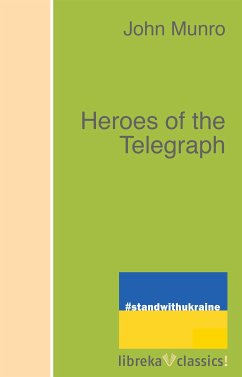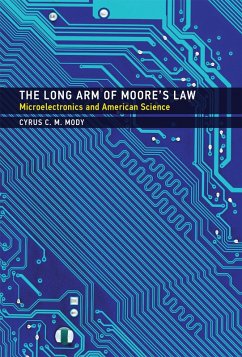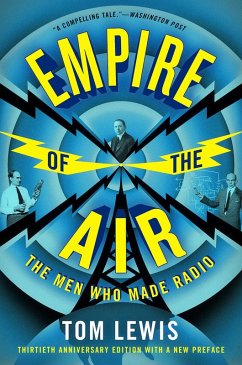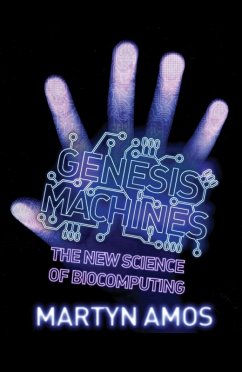
The Atlantic Telegraph (1865) (eBook, ePUB)
Versandkostenfrei!
Sofort per Download lieferbar
1,99 €
inkl. MwSt.
Weitere Ausgaben:

PAYBACK Punkte
0 °P sammeln!
In "The Atlantic Telegraph" (1865), William Howard Sir Russell explores the monumental endeavor to lay the first transatlantic telegraph cable, marking a pivotal advancement in communication technology. The book artfully blends detailed technical exposition with vivid descriptions of the trials and triumphs faced by the engineers and workers involved in this ambitious project. Russell employs a narrative style rich in both empirical research and personal insight, intertwining the drama of human endeavor with the groundbreaking science of the era, effectively contextualizing the telegraph withi...
In "The Atlantic Telegraph" (1865), William Howard Sir Russell explores the monumental endeavor to lay the first transatlantic telegraph cable, marking a pivotal advancement in communication technology. The book artfully blends detailed technical exposition with vivid descriptions of the trials and triumphs faced by the engineers and workers involved in this ambitious project. Russell employs a narrative style rich in both empirical research and personal insight, intertwining the drama of human endeavor with the groundbreaking science of the era, effectively contextualizing the telegraph within the broader tapestry of Victorian industrial progress. William Howard Sir Russell, a prominent British journalist and chronicler of his time, was well-versed in the technological and societal shifts occurring during the 19th century. His passion for science and innovation, coupled with his commitment to documenting the lived experiences of those in the field, informs his approach to this work. Russell's journalistic background empowers him to convey complex ideas with clarity, engaging readers in the story of a project that would irrevocably change global communications. This book is not only a historical account but also a testament to human ambition and ingenuity. Readers who seek an insightful glimpse into the Victorian era's technological revolution will find Russell's narrative both enlightening and inspiring, making it a must-read for historians and general audiences alike.
Dieser Download kann aus rechtlichen Gründen nur mit Rechnungsadresse in A, B, BG, CY, CZ, D, DK, EW, E, FIN, F, GR, H, IRL, I, LT, L, LR, M, NL, PL, P, R, S, SLO, SK ausgeliefert werden.













